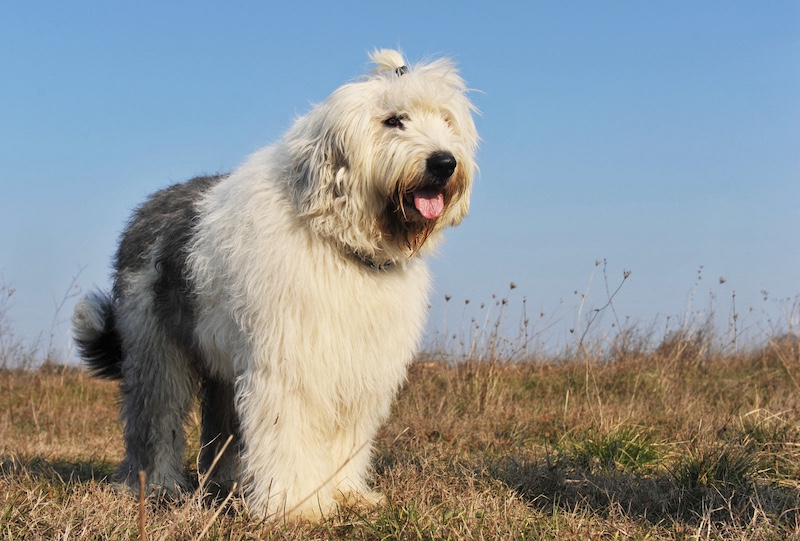Dogs have been invaluable partners in farming for centuries, helping humans tend to livestock, guard property, and even pull carts. Some breeds, developed specifically for agricultural tasks, have played a significant role in shaping modern farming practices. Let’s explore 10 dog breeds that have left their mark on agriculture and continue to be vital to farm life today.
1. Border Collie
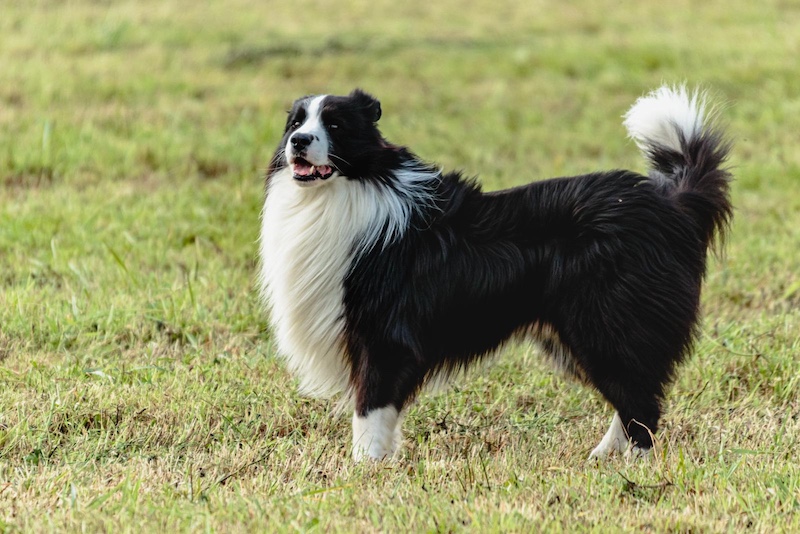
Renowned for their intelligence and agility, Border Collies are exceptional herding dogs. Originally bred in the border regions of England and Scotland, they excel in controlling sheep and cattle with precision. Their ability to respond to subtle whistles and commands has revolutionized livestock management, making them a staple on farms worldwide.
2. Australian Cattle Dog
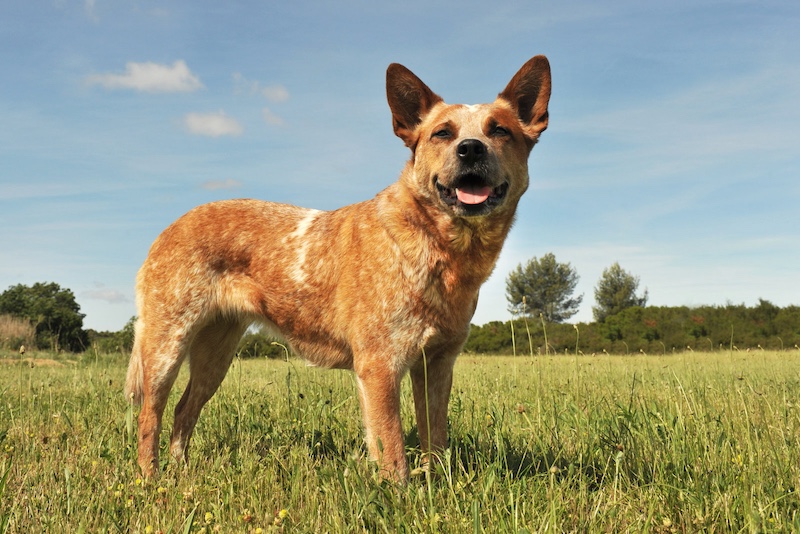
Also known as Blue Heelers or Queensland Heelers, Australian Cattle Dogs were bred to work in the rugged Australian outback. They are known for their stamina and problem-solving skills, traits that make them ideal for herding cattle over vast distances. Their influence on modern cattle farming cannot be overstated, especially in regions requiring hardy, energetic working dogs.
3. Great Pyrenees
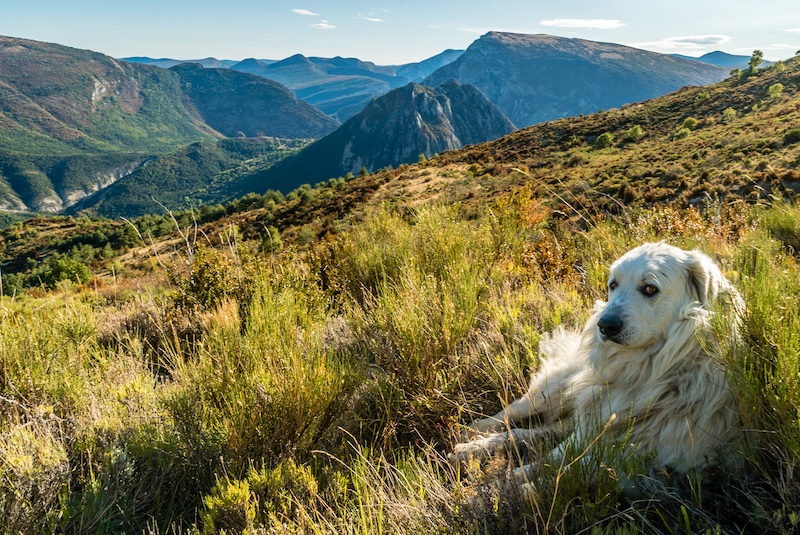
A loyal and protective guardian, the Great Pyrenees has been used for centuries to protect livestock from predators. Originating in the Pyrenees Mountains of France and Spain, this breed has a calm demeanor that belies its fierce defense of sheep and goats. Their role in safeguarding livestock remains crucial, especially in areas prone to predator attacks.
4. German Shepherd
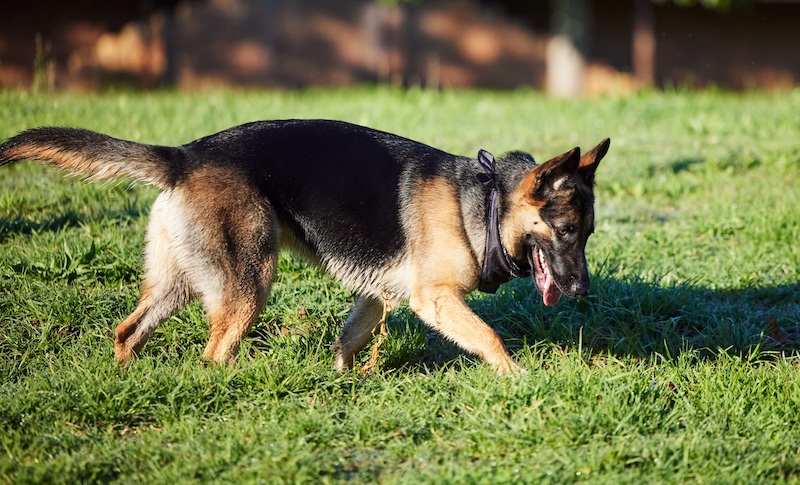
While often associated with police and military work, German Shepherds have roots in farming as skilled herding and guarding dogs. In the late 19th century, they were developed in Germany to manage sheep and other livestock. Their versatility and intelligence have allowed them to transition seamlessly between farm work and other roles.
5. Australian Shepherd
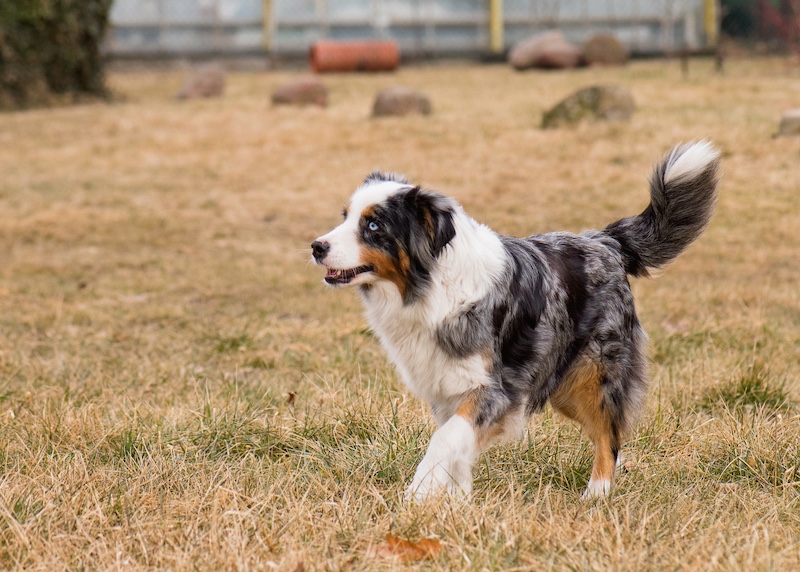
Despite their name, Australian Shepherds were developed in the United States, heavily influenced by Basque shepherd dogs. They are celebrated for their versatility, able to herd livestock and protect property with equal skill. Their adaptability has made them indispensable in modern, diversified farming operations.
6. Rottweiler
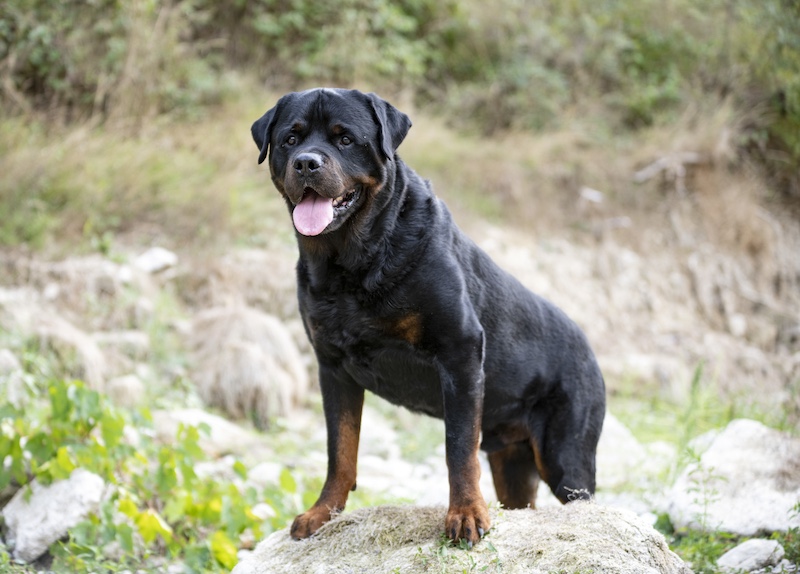
Originally used by Roman armies to herd cattle during long marches, Rottweilers became an essential part of German farming life. They were employed to pull carts laden with goods to market and to guard farms. Today, their strength, loyalty, and protective instincts make them valuable assets on farms with both livestock and property to protect.
7. Anatolian Shepherd
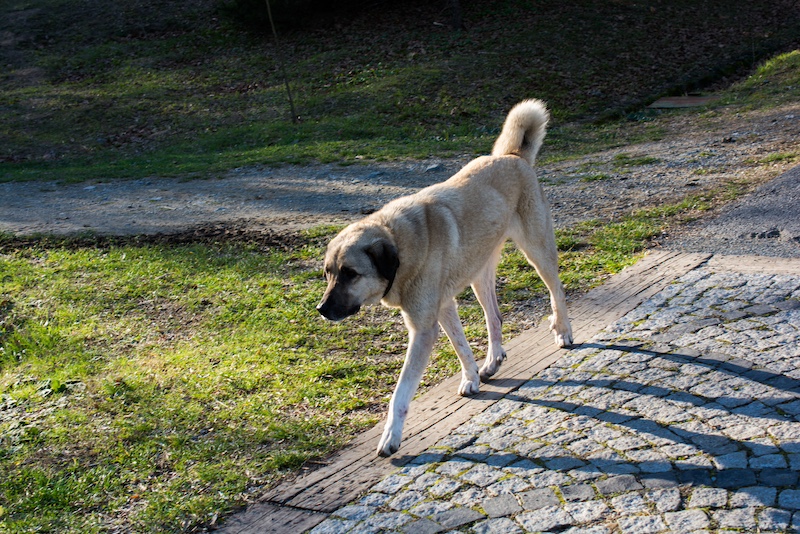
Hailing from Turkey, the Anatolian Shepherd is a livestock guardian breed with a rich history in farming. Known for their independence and protective nature, these dogs are highly effective in guarding sheep and goats from predators. Their ability to work autonomously has shaped farming in remote and challenging terrains.
8. Old English Sheepdog
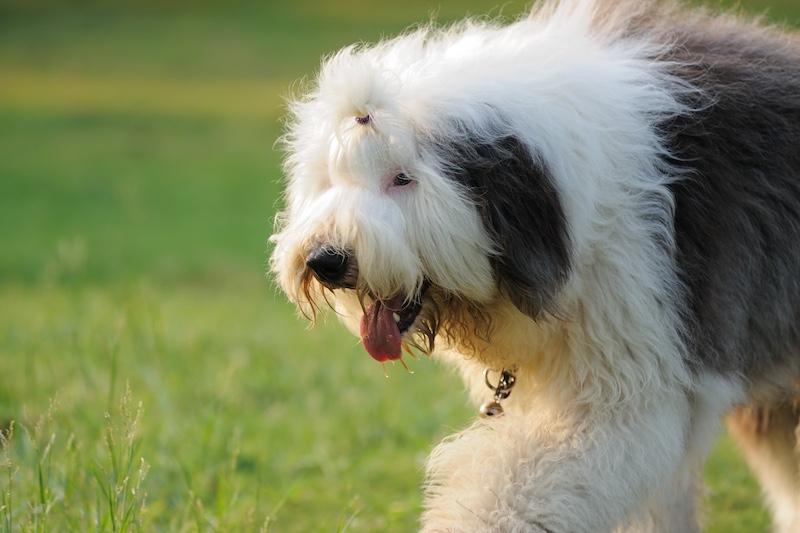
With their distinctive shaggy coats, Old English Sheepdogs were bred in England for herding cattle and sheep. They are strong, intelligent, and hardworking, traits that made them reliable helpers for farmers. While they are less common on farms today, their contributions to historical farming practices are undeniable.
9. Collie
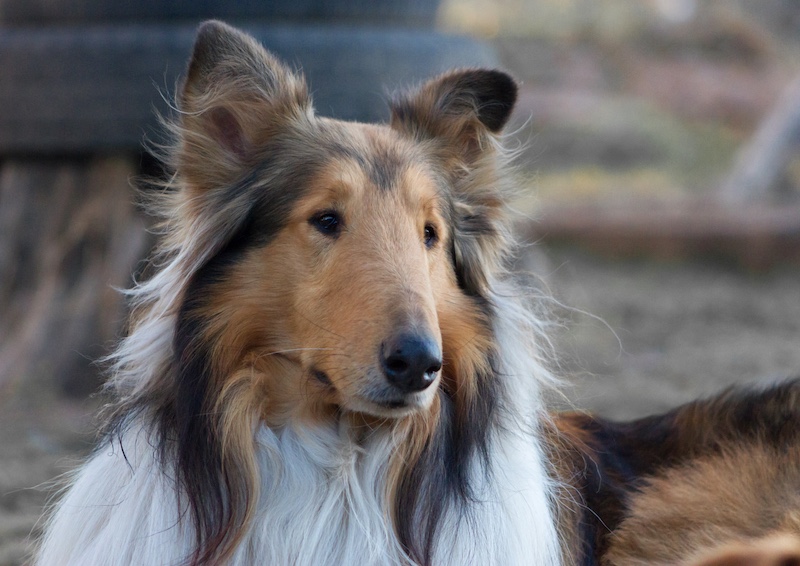
The classic Collie, made famous by the fictional character Lassie, has deep roots in farming. Originally bred in Scotland to herd sheep, Collies are known for their loyalty and herding instincts. Their gentle yet focused demeanor made them ideal for managing livestock without causing stress.
10. Bernese Mountain Dog
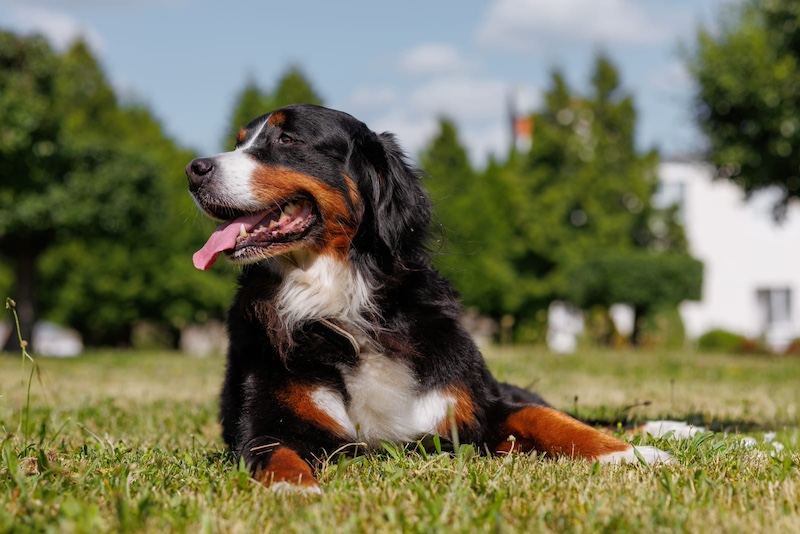
A versatile working breed from Switzerland, Bernese Mountain Dogs were used to pull carts, herd livestock, and guard property. Their strength and gentle temperament allowed them to handle various farm tasks, especially in mountainous regions. They remain a beloved breed for hobby farmers and agricultural enthusiasts alike. Please Note: This content was created with the assistance of AI and thoroughly edited by a human before publishing.

